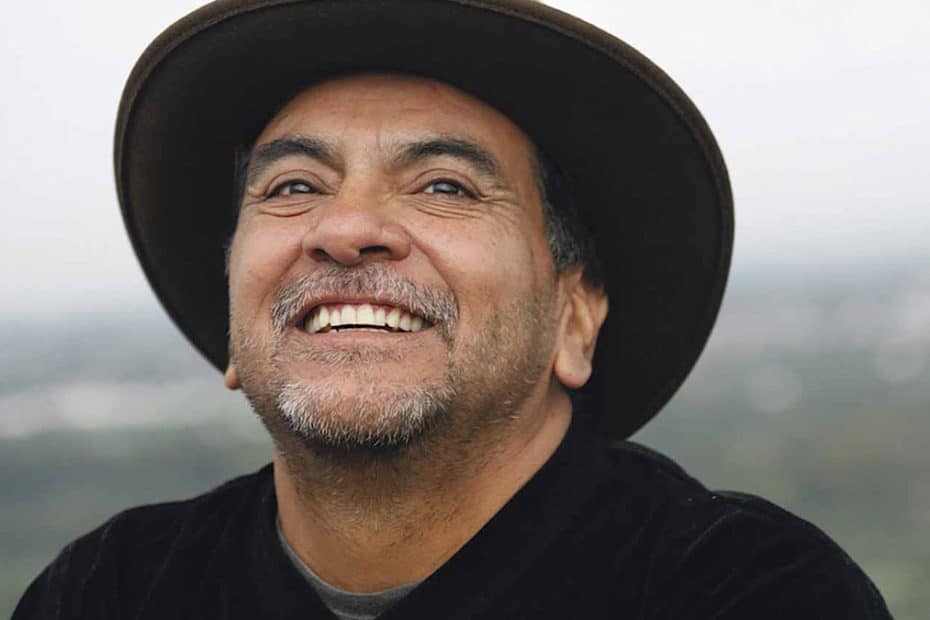Anne Lamott Quote on Writing Really Poorly Before You Ever Write Anything Good
“People tend to look at successful writers, writers who are getting books published and maybe even doing well financially, and think that they sit down at their desks every morning feeling like a million dollars, feeling great about who they are and how much talent they have and what a great story they have to tell; that they take a few deep breaths, push back their sleeves, roll their necks a few times to get all the cricks out, and dive in, typing fully formed passages as fast as a court reporter. But this is just fantasy of the uninitiated. I know some very great writers, writers you love who write beautifully and have made a great deal of money, and not one of them sits down routinely feeling wildly enthusiastic and confident. Not one of them writes elegant first drafts… For me and most other writers I know, writing is not rapturous. If fact, the only way I can get anything written at all is to write really, really shitty first drafts.”
Anne Lamott
Beyond the Quote (43/365)
For all of you who are intimidated by the dreaded blank page and have insecurities and self-doubts about writing (or creating in general), let me reassure you: we ALL start out with really, really shitty first drafts. Not even the best writers in the world (the ones who you envision typing out those perfect, fully formed passages as fast as a court reporters can type) write their final copy on their first try. It just doesn’t happen. So, drop the expectation that you’ll be able to do that yourself (sorry not sorry)!
Read More »Anne Lamott Quote on Writing Really Poorly Before You Ever Write Anything Good


